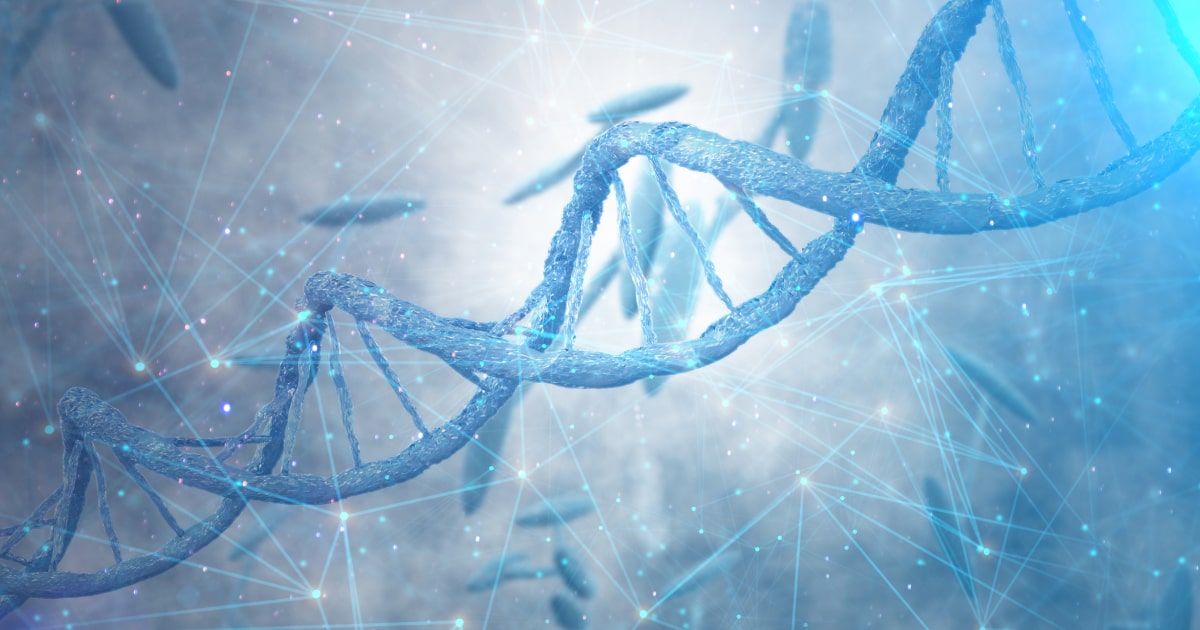
Expert Reviewed By: Dr. Brandon Colby MD
Understanding Mitochondrial Complex III Deficiency Nuclear Type 6
Mitochondrial Complex III Deficiency Nuclear Type 6 is a rare and challenging condition that affects the mitochondrial respiratory chain, specifically the third complex. This disorder is characterized by a variety of symptoms, including recurrent severe hypoglycemic attacks and lactic acidosis. The rarity of this condition often makes diagnosis and treatment difficult, necessitating a deeper understanding of its genetic underpinnings.
The Role of Genetic Testing in Mitochondrial Disorders
Genetic testing has emerged as a powerful tool in diagnosing and managing mitochondrial disorders. By identifying specific genetic variants, healthcare providers can better understand the root causes of these conditions and tailor treatment plans accordingly. In the case of Mitochondrial Complex III Deficiency Nuclear Type 6, genetic testing plays a crucial role in uncovering novel genetic mutations that may be responsible for the disease.
Deciphering the Genetic Code
Genetic testing allows for the identification of specific gene mutations that can cause mitochondrial disorders. In the case study referenced, a novel variant in the UQCRB gene was identified as the cause of the patient's symptoms. This discovery not only aids in the diagnosis of the individual patient but also expands the understanding of the genetic landscape of mitochondrial diseases.
Personalized Medicine and Treatment
Once a genetic mutation is identified, healthcare providers can develop personalized treatment plans that target the specific genetic anomaly. For patients with Mitochondrial Complex III Deficiency Nuclear Type 6, this may involve dietary modifications, supplements, or other interventions designed to manage symptoms and improve quality of life. Genetic testing thus provides a pathway to more effective and individualized care.
Predictive and Preventive Strategies
Beyond diagnosis and treatment, genetic testing offers predictive insights that can be invaluable for families affected by mitochondrial disorders. By understanding the genetic risks, family members can make informed decisions about family planning and take preventive measures to mitigate potential health issues. Furthermore, early identification of at-risk individuals allows for proactive monitoring and intervention, potentially reducing the severity of the disease.
Challenges and Considerations in Genetic Testing
While genetic testing offers significant benefits, it is not without challenges. The interpretation of genetic data requires expertise, and not all genetic variants have clear clinical significance. Additionally, the emotional and ethical implications of genetic testing must be carefully considered, particularly in the context of rare diseases like Mitochondrial Complex III Deficiency Nuclear Type 6.
Conclusion: The Future of Genetic Testing in Mitochondrial Disorders
As genetic testing technology continues to advance, its role in diagnosing and managing mitochondrial disorders will likely expand. For conditions like Mitochondrial Complex III Deficiency Nuclear Type 6, genetic testing offers hope for more accurate diagnoses, personalized treatments, and improved patient outcomes. While challenges remain, the potential benefits of genetic testing in understanding and addressing mitochondrial diseases are immense and hold promise for a brighter future.
For more detailed information on the case study discussed, please refer to the original publication available here.
About The Expert Reviewer
Dr. Brandon Colby MD is a US physician specializing in the personalized prevention of disease through the use of genomic technologies. He’s an expert in genetic testing, genetic analysis, and precision medicine. Dr. Colby is also the Founder of and the author of Outsmart Your Genes.
Dr. Colby holds an MD from the Mount Sinai School of Medicine, an MBA from Stanford University’s Graduate School of Business, and a degree in Genetics with Honors from the University of Michigan. He is an Affiliate Specialist of the American College of Medical Genetics and Genomics (ACMG), an Associate of the American College of Preventive Medicine (ACPM), and a member of the National Society of Genetic Counselors (NSGC)